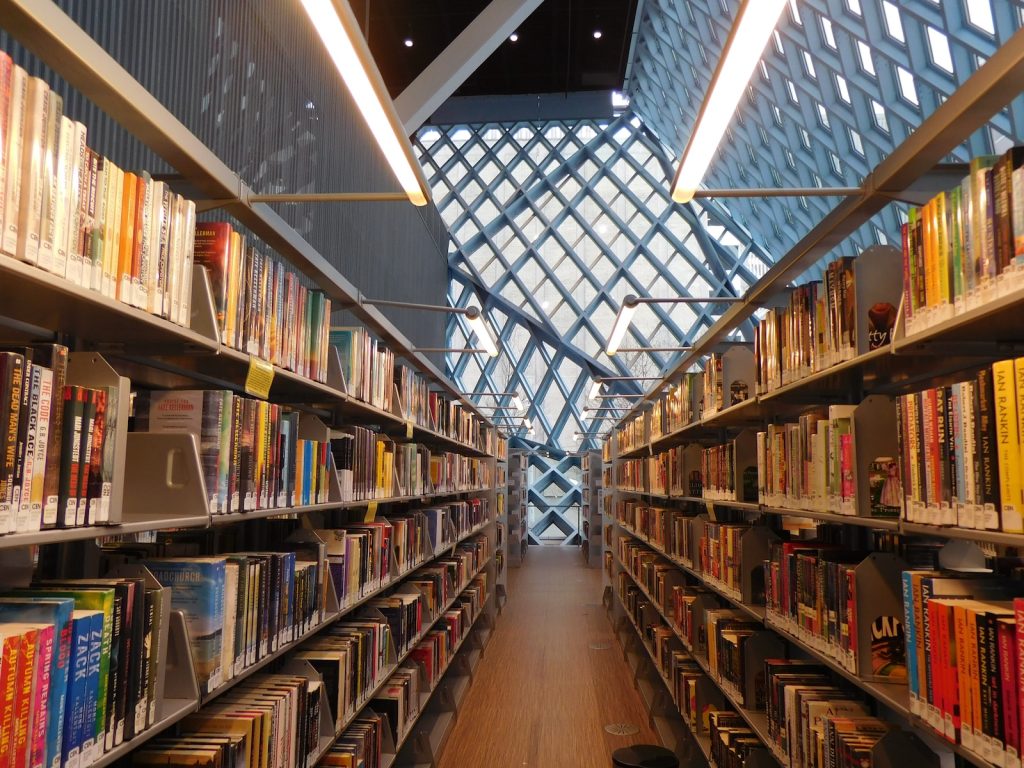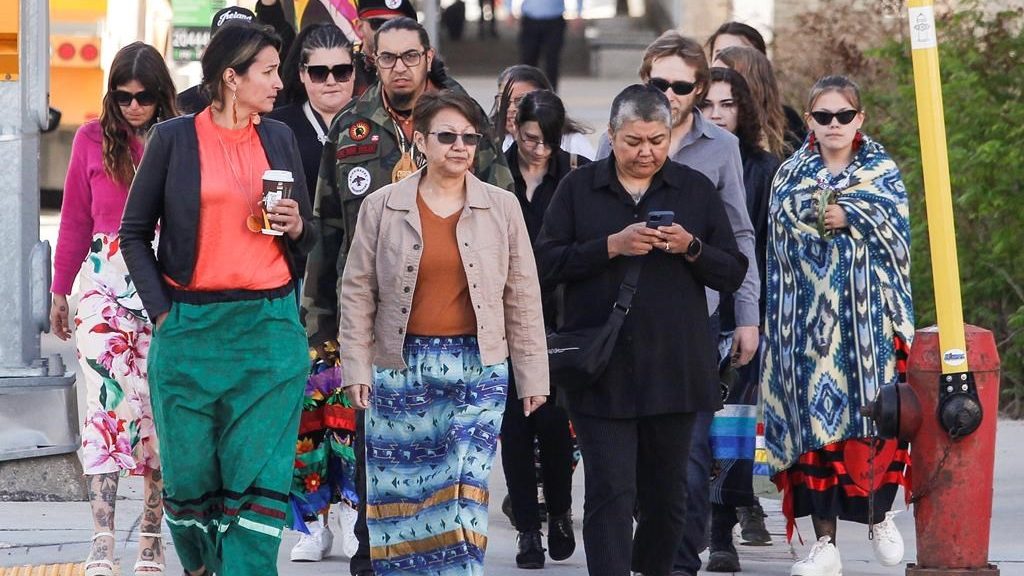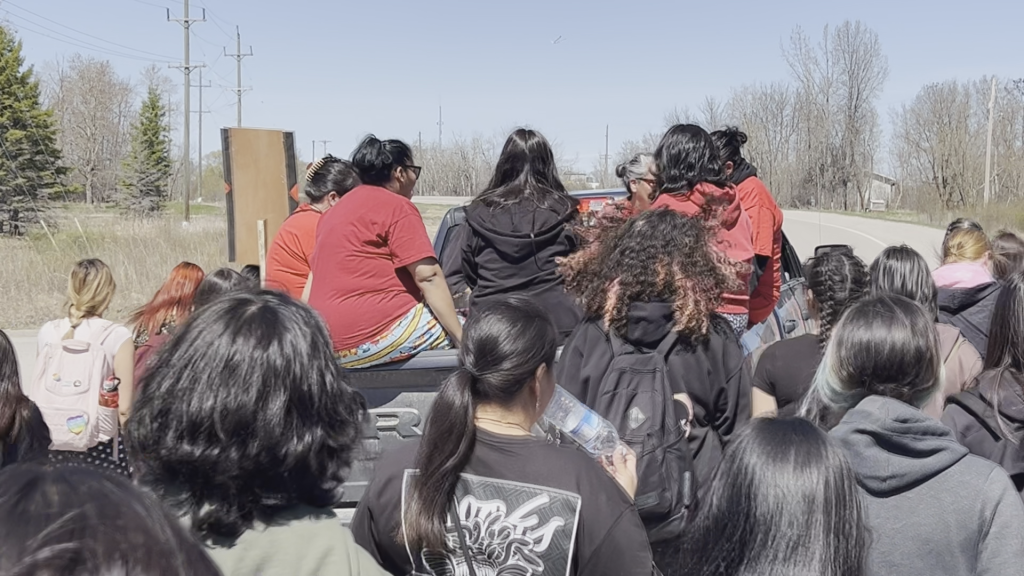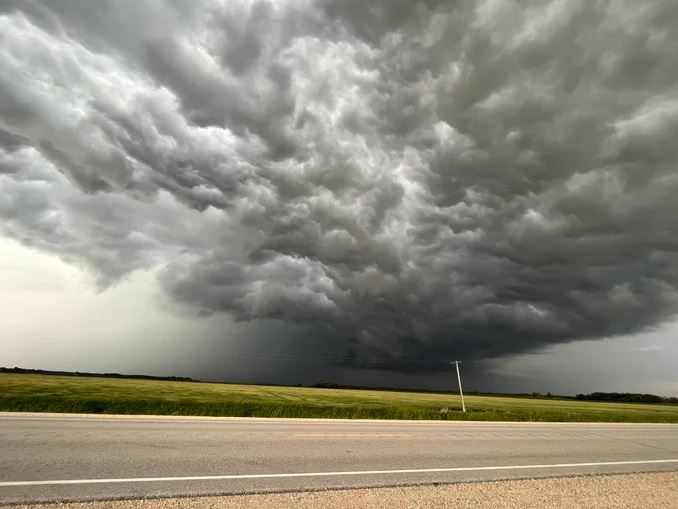How libraries became ‘the last public space’

Posted June 26, 2023 7:13 am.
In today’s Big Story Podcast, in the age of the internet, it’s understandable to wonder what function, if any, our libraries still serve. But the shifting needs of the communities they cater to, and widening holes in the social safety net, have actually made these institutions more essential than ever. With the surge in homelessness and mental health crises, libraries and their staff have assumed the role of de facto social workers, sometimes tasked with everything from finding shelter beds to administering naloxone.
Nicholas Hune-Brown, a Toronto-based journalist who wrote about libraries for The Walrus, says libraries are known to be the last public spaces, serving as social hubs for the communities and the issues in which they are located.
“It’s the last place that you can go. And just sit down without someone hustling you along or asking you to buy something. It’s like the last open door for people to be in a world that’s increasingly privatized,” says Hune-Brown.
This shift raises important questions: When did library staff begin to assume these community roles? Can this approach effectively tackle the issues faced by towns and cities across the country? And furthermore, are librarians equipped to handle these additional roles?
You can subscribe to The Big Story podcast on Apple Podcasts, Google and Spotify.
You can also find it at thebigstorypodcast.ca.








